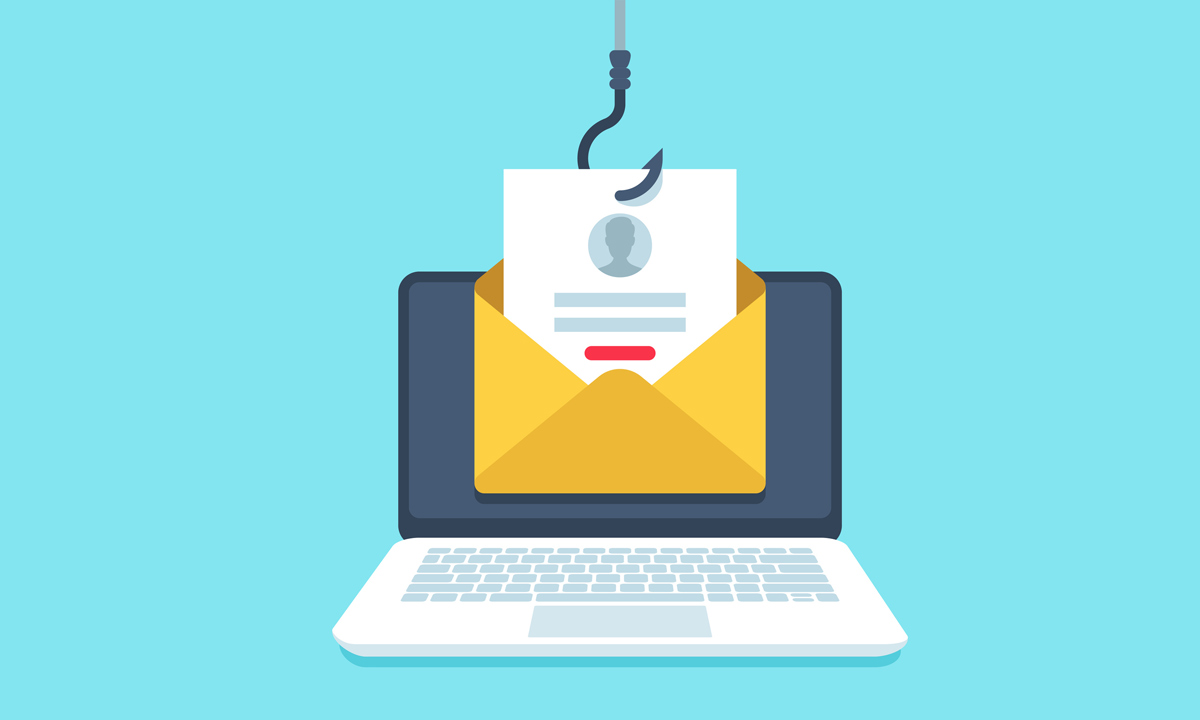This article originally appeared on the Inspired Investor on May 6, 2020.
—
It’s always a good time to revisit online safety habits, so what can you do to help ensure you’re staying safe online? Here are a few simple guidelines from the Canadian Anti-Fraud Centre, the Canadian Centre for Cyber Security and the RBC Cyber Security Centre to help you stay safer.
Be aware of unsolicited emails and texts
Canada’s cyber authorities are seeing an increased number of phishing attempts — in which emails or texts appear to be from a legitimate source but contain infected attachments or malicious links that can harm your device or steal your data. Government tax agencies will never contact taxpayers by text message or social media requesting personal or financial information. Banks also won’t ask you to divulge your personal information or credentials in an email or text.
Think twice if: There are urgent or threatening tones to messages, spelling errors in messages or website addresses, and unknown senders.
Tip: Keep your computer anti-virus and anti-malware programs up to date to help keep files from being corrupted or lost.
Watch out for fake websites
A number of fake websites are cropping up to spread misinformation or attempt to scam individuals, according to the Canadian Centre for Cyber Security. Authorities have been removing malicious websites spoofing government agencies such as the Public Health Agency of Canada and the Canada Revenue Agency.
Think twice if: There are spelling errors in web addresses or a lack of a security lock symbol in the address bar.
Tip: In the address bar, look for a lock symbol or an ‘s’ after “http” which can confirm a site’s security. Don’t enter login information or credit card details unless you are sure a site is legitimate.
Use strong, unique passwords
If you haven’t moved beyond the common “123456″ or “password” choices, now’s the time. Unique, strong passwords and passphrases can help ensure you’re protecting your devices and information.
Think twice if: You are using the same password for multiple applications or internet services or choosing obvious passwords such as family or pet names, birthdays, street names and telephone numbers.
Tip: Use a combination of letters, numbers and special characters with many characters, change passwords regularly and create a new password for every application or Internet service you subscribe to or use. How? One idea is to think of a favourite song, use the first letter in each word of the title and add in a few unique numbers and/or symbols.
Keep your software and browsers up to date
Your device’s operating system has many built-in security features, but in order to be as effective as possible, it’s got to be kept up to date to help avoid breaches of your personal information. The browser you use to search on the Internet also has its own security settings – and requires updating.
Think twice if: You’ve been ignoring those prompts to update your operating system or browser.
Tip: You may be able to enable automatic updates or try setting a reminder to update your device at a time you won’t be using it.
Consider your work-from-home setup
With so many Canadians working from home, scammers are looking to exploit remote or working-from-home connections. That’s because home cyber security may be less secure than corporate-supplied devices and networks.
Think twice if: You lose control of your mouse or keyboard, your login and passwords don’t work, or you’re rerouted to websites you didn’t intend to visit.
Tip: Secure your home wireless router with strong passwords or phrases, turn off WiFi, Bluetooth and GPS when not in use, and keep all software up to date.
This article is intended as general information only and is not to be relied upon as constituting legal, financial or other professional advice. A professional advisor should be consulted regarding your specific situation. Information presented is believed to be factual and up-to-date but we do not guarantee its accuracy and it should not be regarded as a complete analysis of the subjects discussed. All expressions of opinion reflect the judgment of the authors as of the date of publication and are subject to change. No endorsement of any third parties or their advice, opinions, information, products or services is expressly given or implied by Royal Bank of Canada or any of its affiliates.










